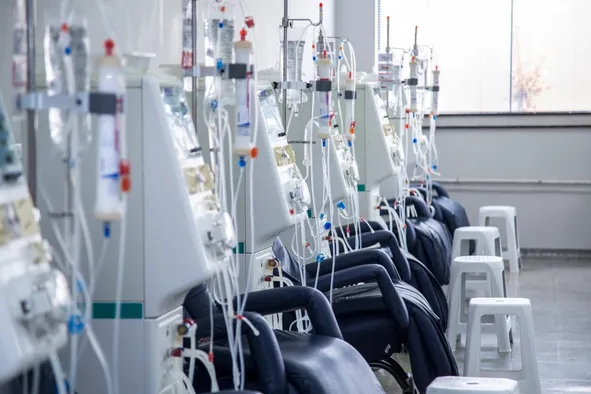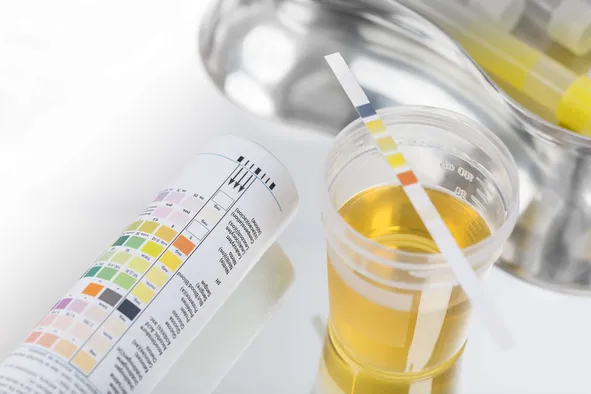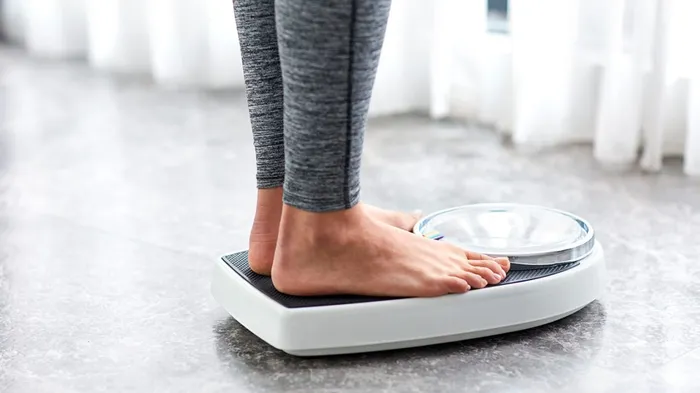Creatinine is a waste product created from the normal wear and tear of muscles. It is produced from creatine. Women, children, and older people tend to have lower levels of creatinine compared to adult men because they have less muscle mass. Creatinine levels are used to determine if someone requires dialysis or not.
When your kidneys are healthy, they clean your blood. They also make hormones that keep your bones strong and your blood healthy. When your kidneys fail, you need treatment to replace the work your kidneys used to do. Unless you have a kidney transplant, you will need a treatment called dialysis
What is dialysis?
Dialysis is a treatment for people whose kidneys are failing. When you have kidney failure, your kidneys don’t filter blood the way they should. As a result, wastes and toxins build up in your bloodstream. Dialysis does the work of your kidneys.
If your chronic kidney disease (CKD) reaches end-stage renal disease (ESRD), also known as kidney failure or stage 5 CKD, your kidneys are no longer functioning to filter and clean the blood the way healthy kidneys normally would. Without treatment, life-threatening waste and toxins will build up in the body.

Peritoneal dialysis
Your blood is cleaned inside your body. A special fluid is put into your abdomen to absorb waste from the blood that passes through small vessels in your abdominal cavity. The fluid is then drained away. This type of dialysis is typically done at home.
Is dialysis necessary for kidneys?
National Kidney Foundation guidelines recommend you start dialysis when your kidney function drops to 15% or less — or if you have severe symptoms caused by your kidney diseases, such as shortness of breath, fatigue, muscle cramps, nausea, or vomiting.
Your doctor will help you decide when to start dialysis, based on the results of lab tests that measure how much kidney function you have left and on your symptoms. Most people (about 93% of those who apply) qualify for Medicare when they need dialysis or a transplant
High creatinine levels
Creatinine levels can be determined using a blood test or a urine test. Outside of kidney function, several other factors can temporarily raise creatinine levels above normal. These include dehydration and consuming large amounts of protein — either through food sources or nutritional supplements.
A high creatine level is more of an indication of a potential health problem, rather than a problem itself. If your creatine level increase is caused by kidney issues, you may experience related symptoms
Creatinine Clearance
The most direct method for measuring creatinine clearance is the collection of urine samples for a time period of 24 hours and a blood sample. Alternatively, a formula that uses the blood levels of creatinine, age, weight, and gender can also be used to calculate the clearance creatinine is filtered out of your blood by your kidneys. If you think of each organ in your body as having a job, the kidneys are the filters. They’re responsible for cleaning your blood. The material that’s removed from your blood leaves your body in your urine.
Creatinine in urine
A creatinine urine test measures the levels of creatinine in the urine. This test reveals a person’s creatinine clearance rate, which is the amount of creatinine that the kidneys process per unit of time. Creatinine is a normal waste product that the body produces every day during muscle movements and when digesting meat. Healthy kidneys remove creatinine from the blood, and it leaves the body in urine.

Doctors may also order a blood test to check the amount of creatinine in a person’s blood, which they will refer to as serum creatinine. To test for serum creatinine, doctors often use the glomerular filtration rate (GFR). A GFR test takes into account a person’s age, race, gender, and body size when calculating creatinine levels.
- U.S. units: 955 to 2,936 milligrams per 24 hours (mg/day) for men; 601 to 1,689 mg/24 hours for women
- European units: 8.4 to 25.9 millimoles per 24 hours (mmol/day) for men; 5.3 to 14.9 mmol/day for women
Glomerular filtration rate (GFR)

The measure of serum creatinine may also be used to estimate how quickly the kidneys filter blood (glomerular filtration rate). Creatinine is a chemical waste product of creatine. Creatine is a chemical the body makes to supply energy, mainly to muscles.
The lab specialist combines your blood creatinine level with several other factors to estimate your GFR. Different formulas are used for adults and children. The formula includes some or all of the following:
- Age
- Blood creatinine measurement
- Ethnicity
- Sex
- Height
- Weight

